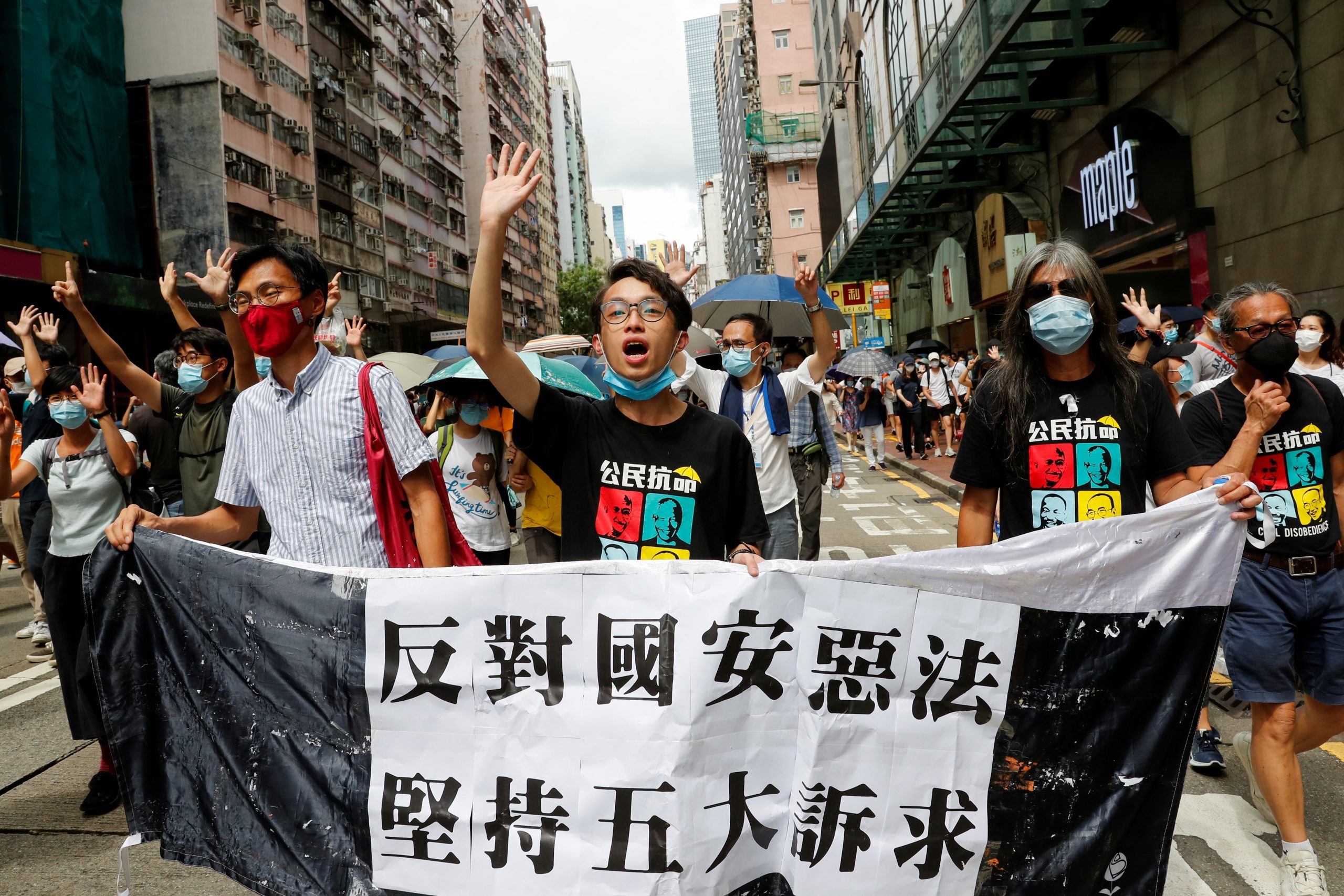
Samuel Case, FISM News
[elfsight_social_share_buttons id=”1″]
On Tuesday Beijing’s top legislature officially passed new national security legislation for Hong Kong in a unanimous vote. At the time of its passage not many official details were known, besides claims from the mainland government that the new law would deal with issues of subversion, terrorism, separatism and collusion with foreign forces. China also reassured Hong Kongers that the law would not affect the general freedoms the city enjoys, but instead is designed to target “troublemakers.” At the time Hong Kong Leader Carrie Lam declined from commenting.
It has now been revealed that this national security legislation enables Mainland China to establish a “National Security Committee.” According to legal experts this committee exists above local Hong Kong law and therefore has no oversight or check from the government of Hong Kong. According to the law those found guilty of “undermining national unification” or financially aiding endeavors or individuals who are doing so are subject to criminal punishment, up to a life sentence.
“Serious” or “complex” violations may be tried in Mainland courts where they can deny a trial by jury and public access to the trial. The law can also be broken “outside the region by a person who is not a permanent resident of the region. . . ” and non permanent residents of the city will be deported for breaking the new law. Michael C. Dave, a fellow at the Wilson Center criticised the legislation saying “Now people take their rights subject to the interest of the state.”
With the official statutes now being known thousands of protestors have flocked to the streets of Hong Kong resulting in 370 arrests. The outcry isn’t limited to the people of Hong Kong. EU Council President Charles Michel said “We deplore the decision…” UK Prime Minister Boris Johnson denounced the legislation and accused it of violating the Sino-British Joint Declaration of 1984, which laid the groundwork for Britain to return Hong Kong to China in 1997.
Johnson said the UK will now be pursuing citizenship options for Hong Kongers, saying; “We have made clear that if China continued down this path we would introduce a new route to those with British national (overseas) status to enter the UK granting them limited leave to remain with the ability to live and work in the UK and thereafter to apply for citizenship, and that is precisely what we will do now.” This reiterates previous statements made by the British government.
Sourced from NPR, The Guardian, CNBC
